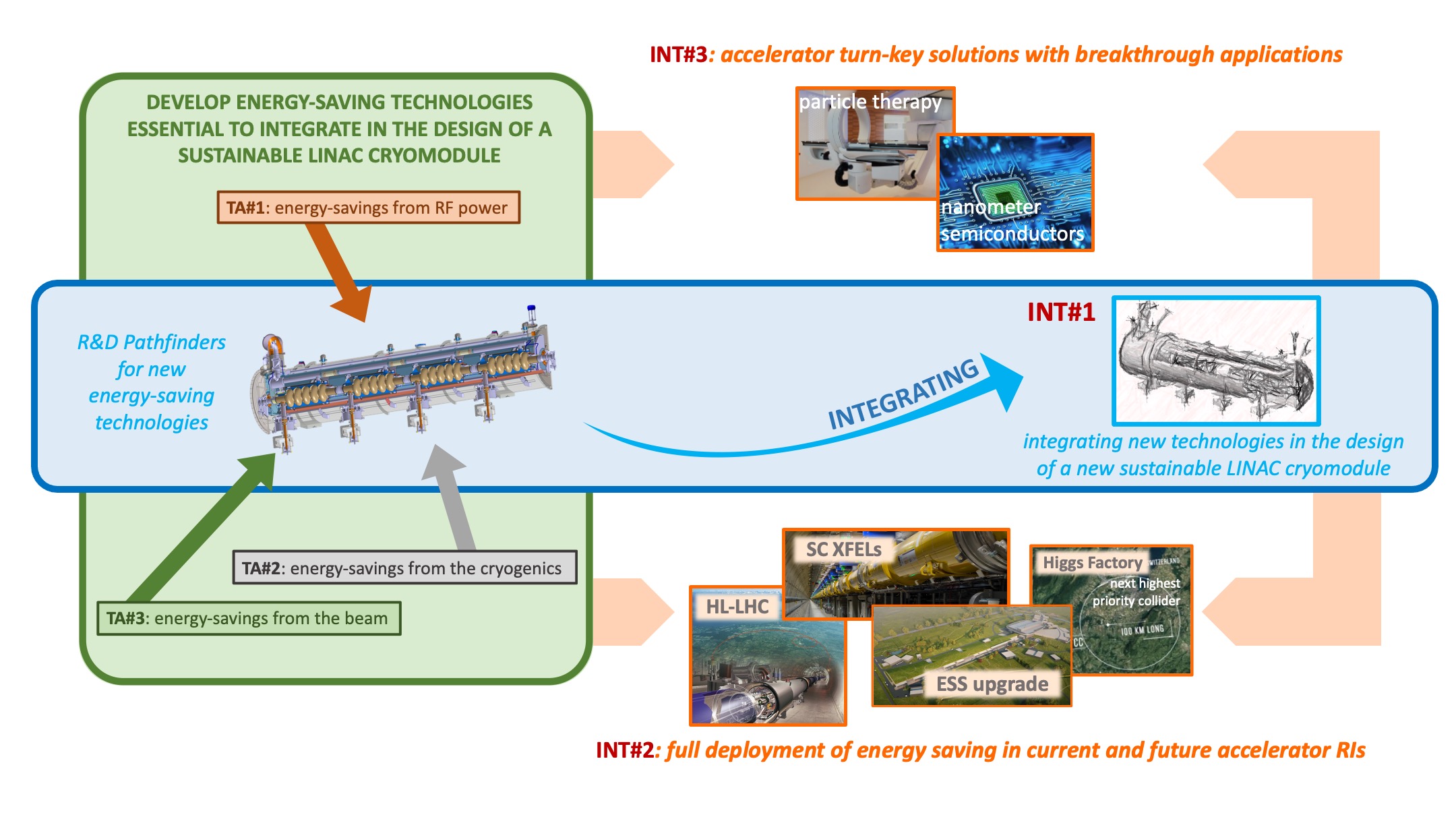
Prof. Jorgen D’Hondt, member of the VUB research group High Energy Physics (HEP@VUB), will coordinate a consortium of leading European laboratories and industrial partners to tackle the large power demands of particle accelerators.
With about 5 million euro from the Horizon Europe and close to 8 million euro matching funding from partners the project will enable the development of sustainable particle accelerators for both fundamental science and industrial applications.
"If you are part of the problem, you must be part of the solution"
Prof. D’Hondt: ‘We are extremely proud to have received funding for our project which is crucial to enable particle accelerators to operate in a society which has the ambition to strongly reduce its power consumption. Particle accelerators have become essential instruments to improve our health, environment, safety and high-tech abilities, as well as to unlock new fundamental insights in physics, chemistry, biology, and generally enable scientific breakthroughs that improve our lives.
Accelerating particles to higher energies will always require a large amount of energy. In a society where energy sustainability is critical, keeping energy consumption as low as reasonably possible is an unavoidable challenge for both research infrastructures and industry, which collectively operate more than 30.000 particle accelerators. If you are part of the problem, you must be part of the solution.
Enhanced collaboration will broaden, expedite and amplify the development and impact of the novel energy saving solutions. For example, the annual operation of the next major particle physics collider could, in due time, require up to 4% of the annual energy consumption of a medium-sized European country like Belgium. The objective of our project is to innovate and reinvent the key technologies of particle accelerating systems such as to minimize energy consumption for all particle accelerators, by developing both specific energy-saving technologies and energy-recovery technologies where energy cannot be saved. This represents a vital transition to sustain applications of the leading 20th century accelerator technology in the 21st century.’

